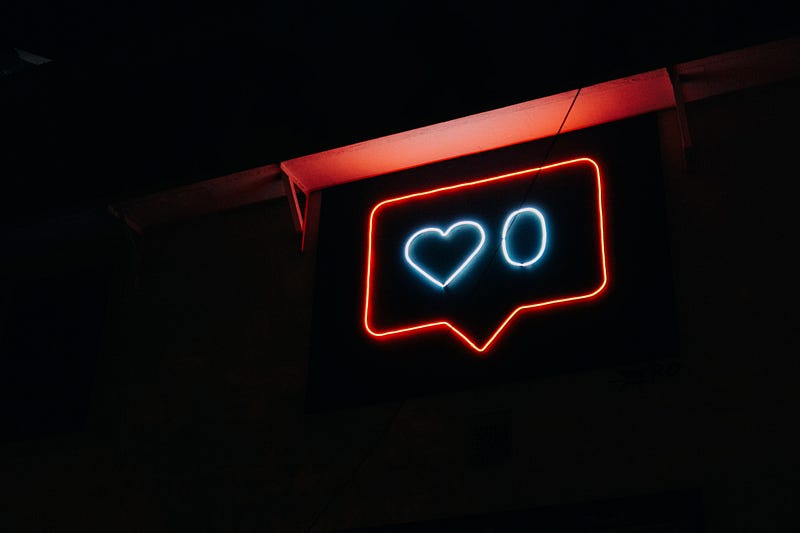The Transformative Experience of a 30-Day Social Media Break
Written on
Chapter 1: The Decision to Detox
Have you ever paused to consider how much time you spend glued to your phone? Whether it's scrolling through TikTok, browsing Instagram, or crafting the perfect tweet, it’s easy to lose track of hours. Many of us are caught in a cycle of instant gratification, often recognizing the issue yet feeling powerless to change it.
One day, after reflecting on my digital habits, I decided to take a bold step. Despite my awareness of the importance of digital wellness, I realized that my time on platforms like Twitter and YouTube was excessive. Thus, I resolved to quit social media entirely for 30 days.
Inspired by Cal Newport’s book, “Digital Minimalism,” I learned about the benefits of being selective with technology. The book emphasizes leading a fulfilling life by curating our digital experiences. While social media can offer benefits, it's crucial to acknowledge its drawbacks, which we are only beginning to fully comprehend.
The Ground Rules
My guidelines were straightforward: no Facebook, Reddit, Twitter, or YouTube Shorts for a month. I allowed myself limited YouTube usage for essential content but completely avoided shorts.
What Did I Discover?
The Positive: After just a week without social media, I noticed a significant emotional shift. My mind felt clearer and I was more focused throughout the day. I also found that removing social media as a news outlet allowed me to form my own perspectives on current events, minimizing negativity in my life. I turned to reputable sources like the Associated Press, the Atlantic, and ESPN, which felt refreshing.
The Negative: On the downside, I did experience a sense of loss regarding friendships. As adulthood progresses, making new connections becomes increasingly challenging. I realized that many of my so-called friends were merely digital avatars, prompting me to seek real-life interactions. This realization was enlightening, yet the associated feelings were unsettling.
How I Perceived the Platforms
Facebook: For me, Facebook has lost its relevance. While I find it useful for Marketplace transactions, its primary function now seems to be as a repository of past memories.
Twitter: My feelings towards Twitter are complex. Initially, I found a supportive community, but over time, it shifted to a platform for self-expression and writing. While I still enjoy using it, I now prioritize creation over consumption.
Reddit: My experience with Reddit has been largely positive. It has significantly benefited my career, particularly through federal employee subreddits. Additionally, my role as a moderator for a sports team subreddit has been a valuable addition to my résumé.
My Future Strategy
Overall, this detox was a constructive experience that fostered personal growth, and I encourage others to give it a try. To manage my social media use moving forward, I plan to limit access to Fridays and Saturdays. This allows me to catch up on weekly events without feeling overwhelmed. Remember, it’s not necessary to consume everything in one go.
For those considering a social media detox, I highly recommend reading Cal Newport’s “Digital Minimalism” and utilizing the digital wellness features available on your devices. These tools are designed to help us navigate our online habits effectively.
Lastly, if you have children, consider sharing these insights with them, as their relationship with technology is increasingly complex compared to previous generations.
Stay Healthy and Focused
If you found this article valuable, feel free to show your support by clapping and following me here on Medium.

Chapter 2: Insights from the Detox Journey
In the first video, "The 30 Day Social Media Detox," viewers explore the journey of a month without social media and the lessons learned.
The second video, "I did a 30 day social media detox and THIS happened," shares personal experiences and insights gained from a month-long break from social media.